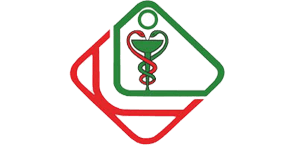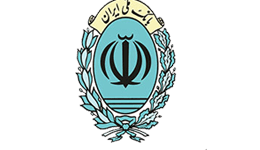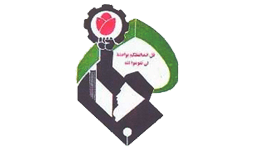Hysteroscopy
Yazd Madar Gynecology and Obstetrics (OB / GYN) Single-Specialty Hospital
Training before and after Hysteroscopy
- Hysteroscopy
Hysteroscopy is a diagnostic-therapeutic procedure used in gynecological diseases and infertility. In this method, the specialist enters the uterine cavity directly, using a hysteroscope and through the vagina, when the patient is fully anesthetized and without cutting. A hysteroscope is a thin rod-like device similar to a narrow telescope, at the end of which there is a sensitive camera. This device is sent into the uterus through the cervix. The hysteroscope is connected to a video camera and in this way, the image of the inside of the uterus is clearly seen and recorded on a screen, and the surgeon can examine the uterus to find polyps, septum (wall), or other abnormalities.
- Uses
- Abdominal intrauterine bleeding
- Infertility
- Repeated miscarriage
- Diagnosis of intrauterine adhesions and removal of ulcerated tissues that may be due to infection caused by previous surgery.
- Diagnosis of uterine fibroids and endometrial polyps as well as their removal
- Viewing the location of the displaced IUD
- Diagnosis of the causes of pelvic pain
- Diagnosis of the failure of assisted reproductive procedures
- Hysteroscopy Time
The best time is immediately after the end of menstruation or at least one week after it ends. In postmenopausal women, it is possible to perform hysteroscopy at any time.
- Providing Care before hysteroscopy
- Using the hormonal drugs before the surgery should be according to the specialist’s opinion. It is also possible that on the morning of surgery, a specialist prescribe special vaginal drugs for the patient to dilate the cervix, and after hospitalization, the nurse will implement this order.
- Performing routine tests before surgery, depending on the specialist’s opinion
- Treating gynecological infections before surgery
- Not taking the Aspirin and Warfarin before surgery
- Not using ointments and internal creams 24 hours before the surgery
- Not drinking water and liquids from midnight before the surgery
- Emptying the bladder before the surgery
- Bathing the night before the day of surgery
- Post-Hysteroscopy Care (care at home)
- Not driving, drinking alcohol and doing hard works up to 48 hours after the surgery
- Visiting the treating physician after the test results are ready ( sample sent to the pathology ward)
- Recommending the consumption of various food groups, especially using the fibrous and protein substances, in addition, there are no prohibited food items.
- Taking painkillers such as Ibuprofen, Acetaminophen to reduce pain
- Returning to personal and daily activities two to three days after the surgery
- Not having sexual intercourse for a week after the surgery or until the complete cessation of vaginal bleeding
- Not doing hard activities and sports until a few days after the surgery
- Taking the drugs prescribed regularly by the treating physician, after visiting on the day after the surgery (guiding the patient by the nurse regarding how to take medicines)
- Prescribing hormonal drugs (Estrogen & Progesterone) to stimulate endometrial repair after surgery, possibly. It should be noted that using these drugs is extremely important, and their use should not be stopped or changed arbitrarily.
- Using a urinary catheter or intrauterine IUD to prevent adhesion after hysteroscopy and its removal a few days and weeks after surgery with the opinion of the treating physician
- Getting heavier and longer than usual menstruation after hysteroscopy and its irregularity for several times (up to several months) probably
- Complications after Hysteroscopy
- Light vaginal bleeding one to two days after surgery
- Abdominal pains for one to two days
- Burning and cramping feeling similar to menstrual cramps
- Complications related to anesthesia such as nausea, vomiting, dryness and sort throat in a mild form
- Contraindications to Hysteroscopy
- Cervical cancer
- Pregnancy
- Severe vaginal infection
- Pelvic infection and inflammation
- Discharge Time from the Hospital
Patient’s discharge time is the day after the surgery and due to her condition and the treating physician opinion.
- In Case of any of the following symptoms after the surgery, immediately inform the medical staff.
- Severe vaginal bleeding
- Inability and difficulty urinating
- Ague
- Dyspnea
- Severe abdominal pains
References:
Speroff’s Clinical Gynecologic Endocrinology and Infertility, 2010.
Bereck & Novak’s Gynecology, 2012.
 loading...
loading...![[company]](https://madarhospital.com//upload/logo-1575530599.jpg)



































